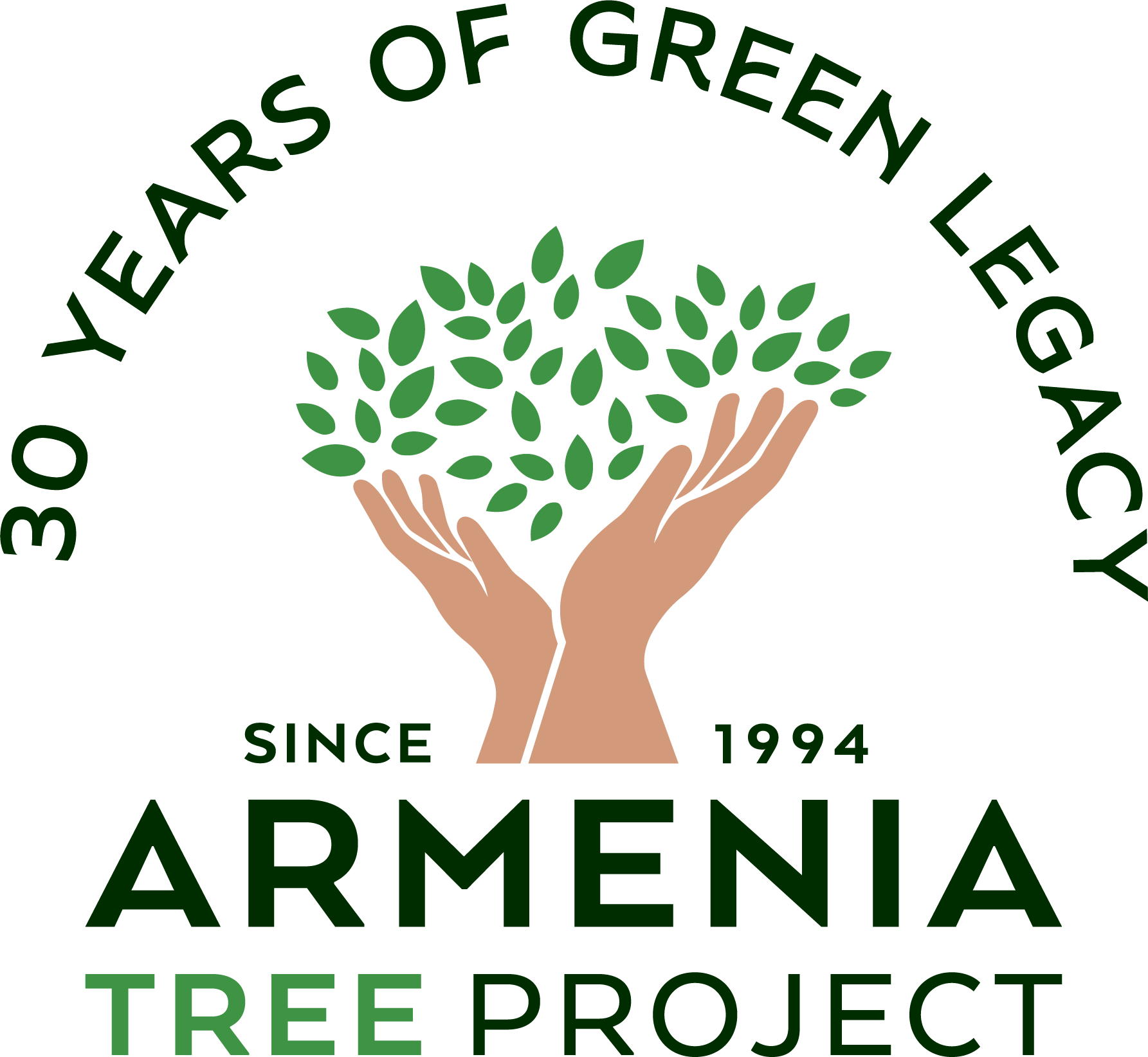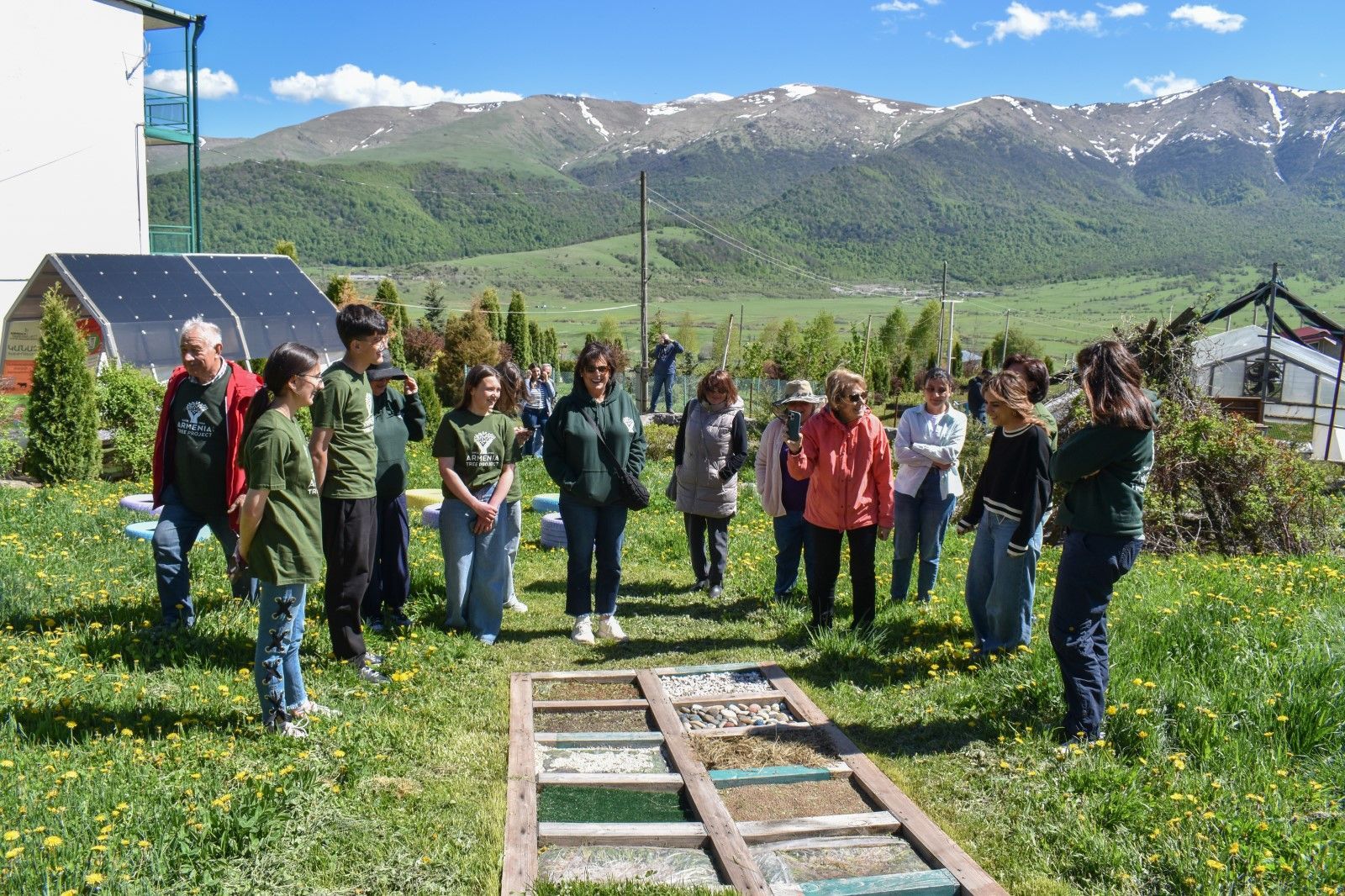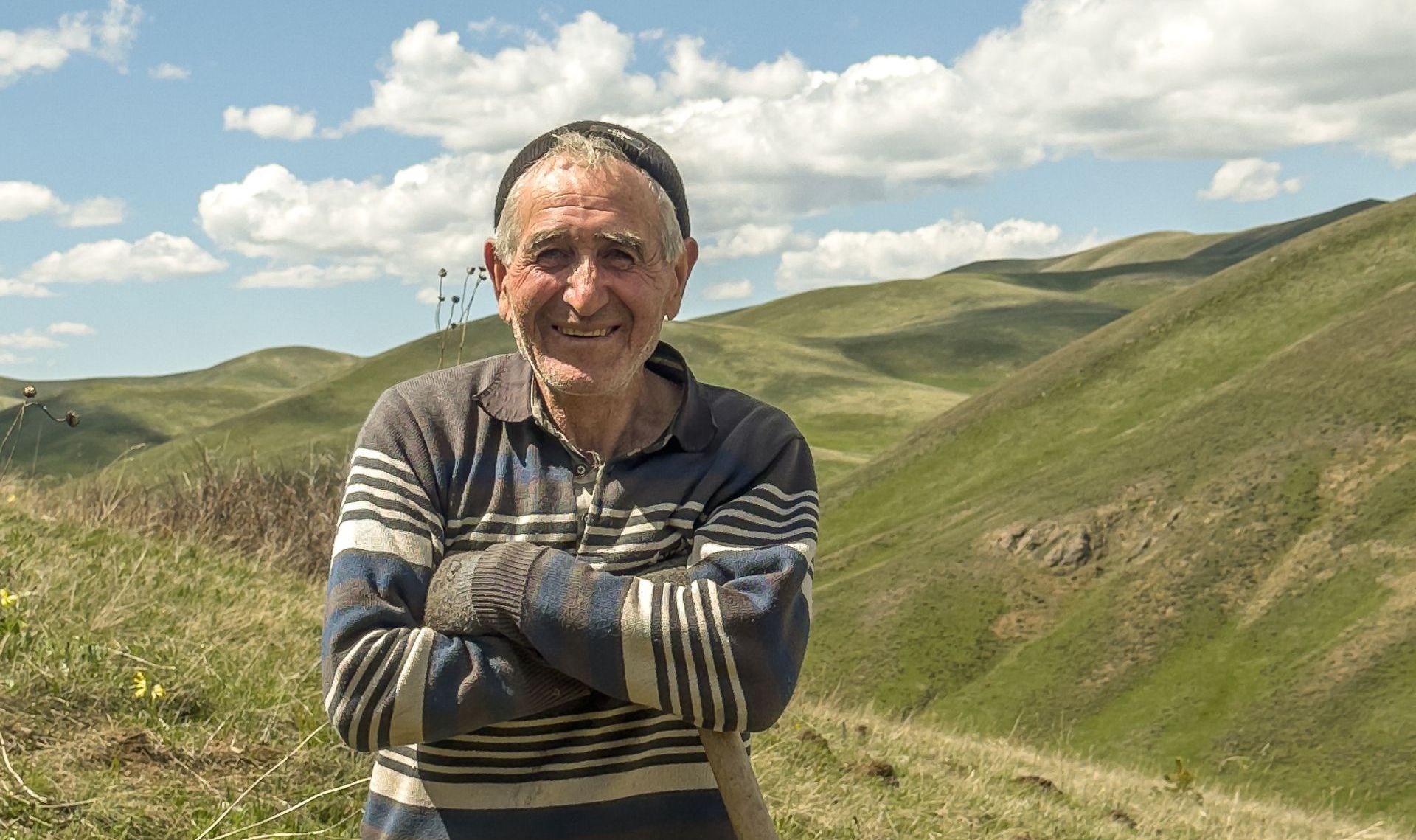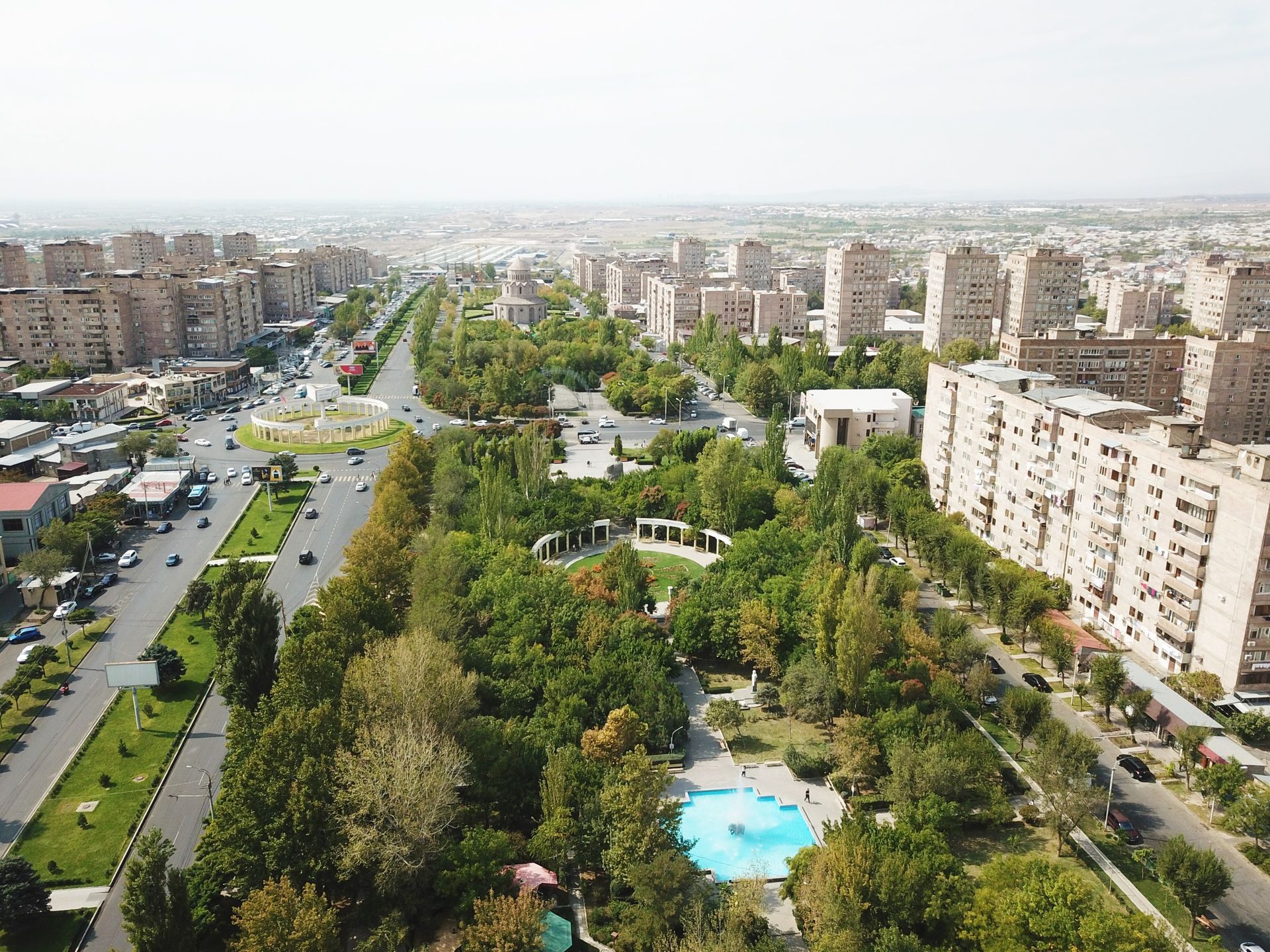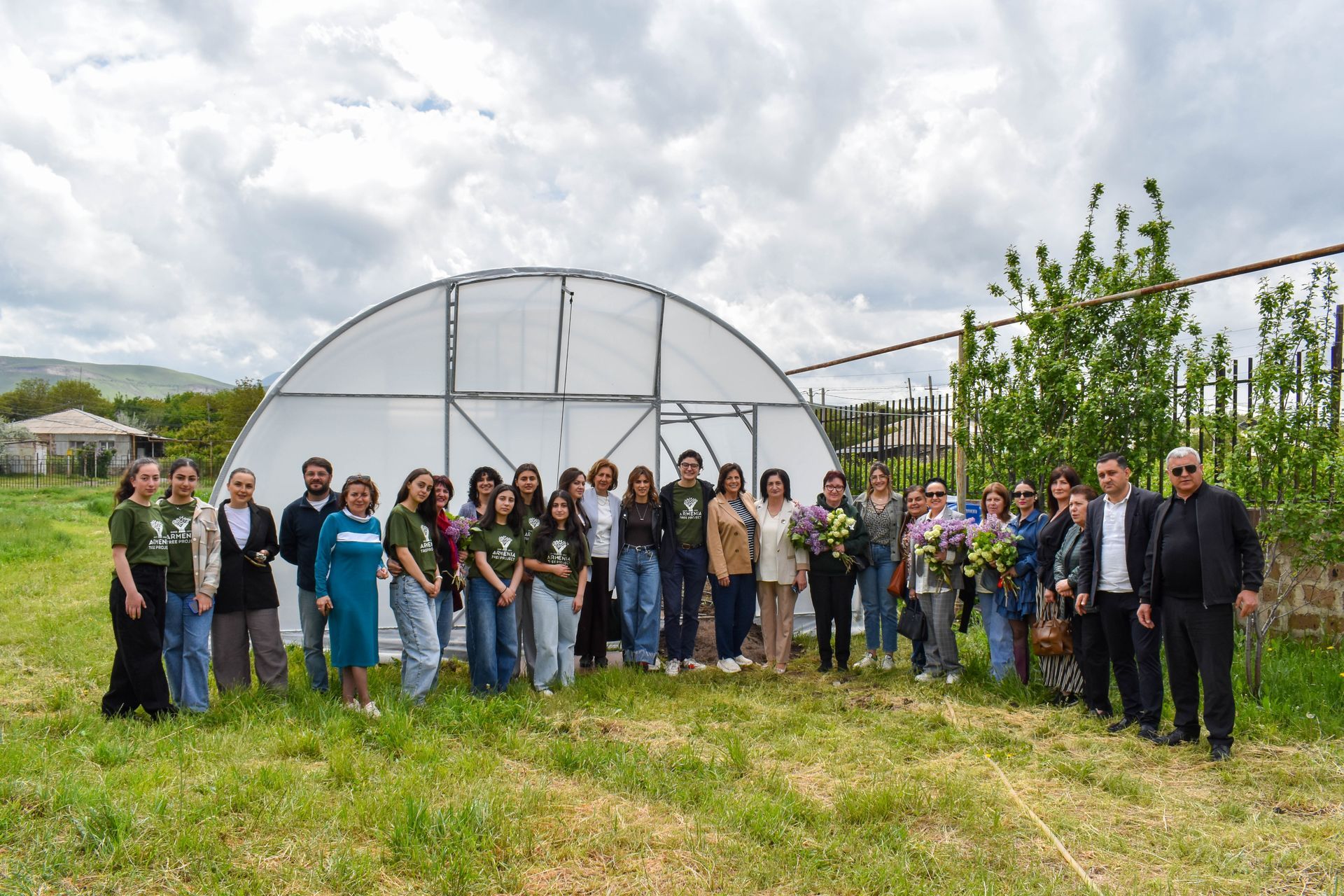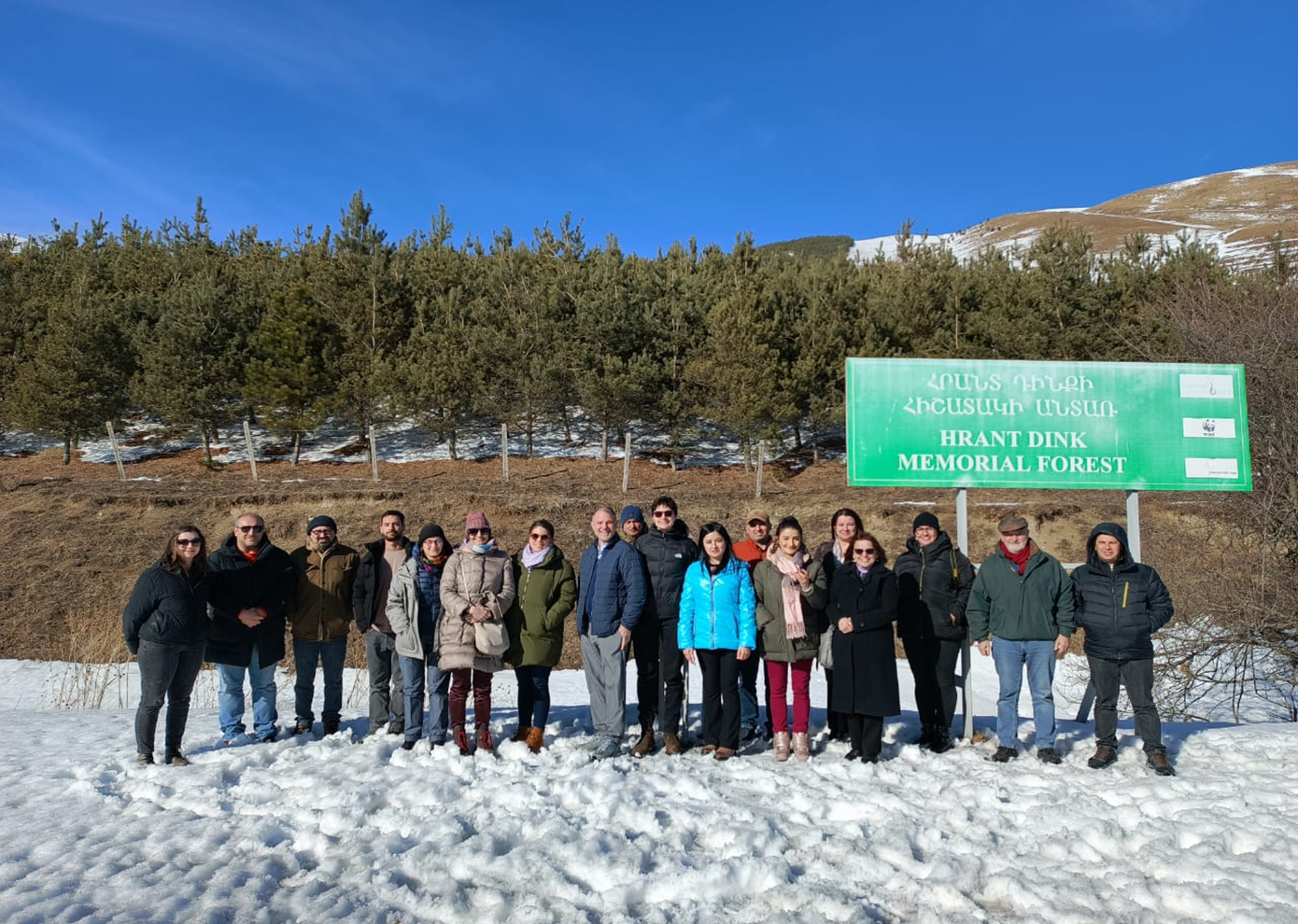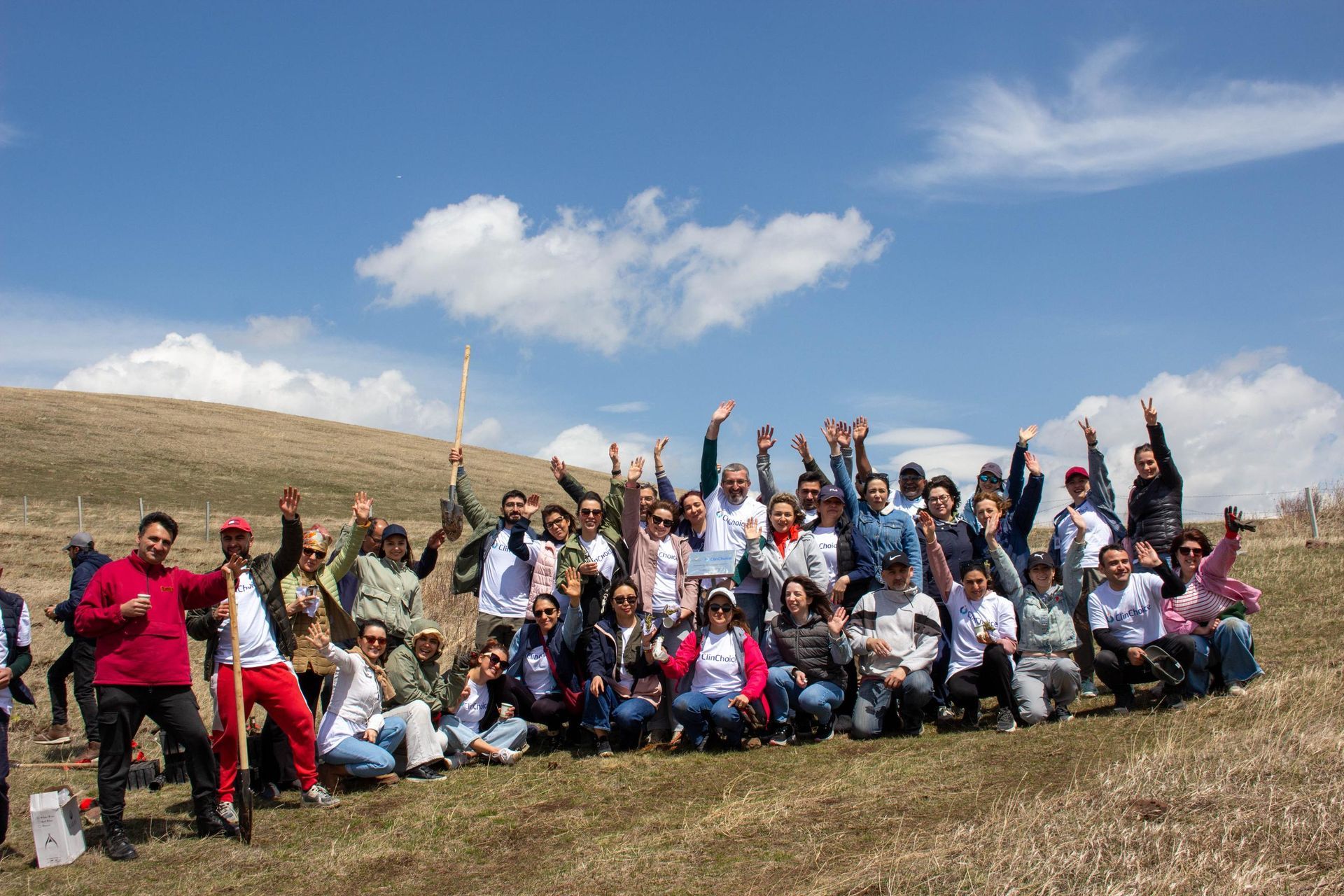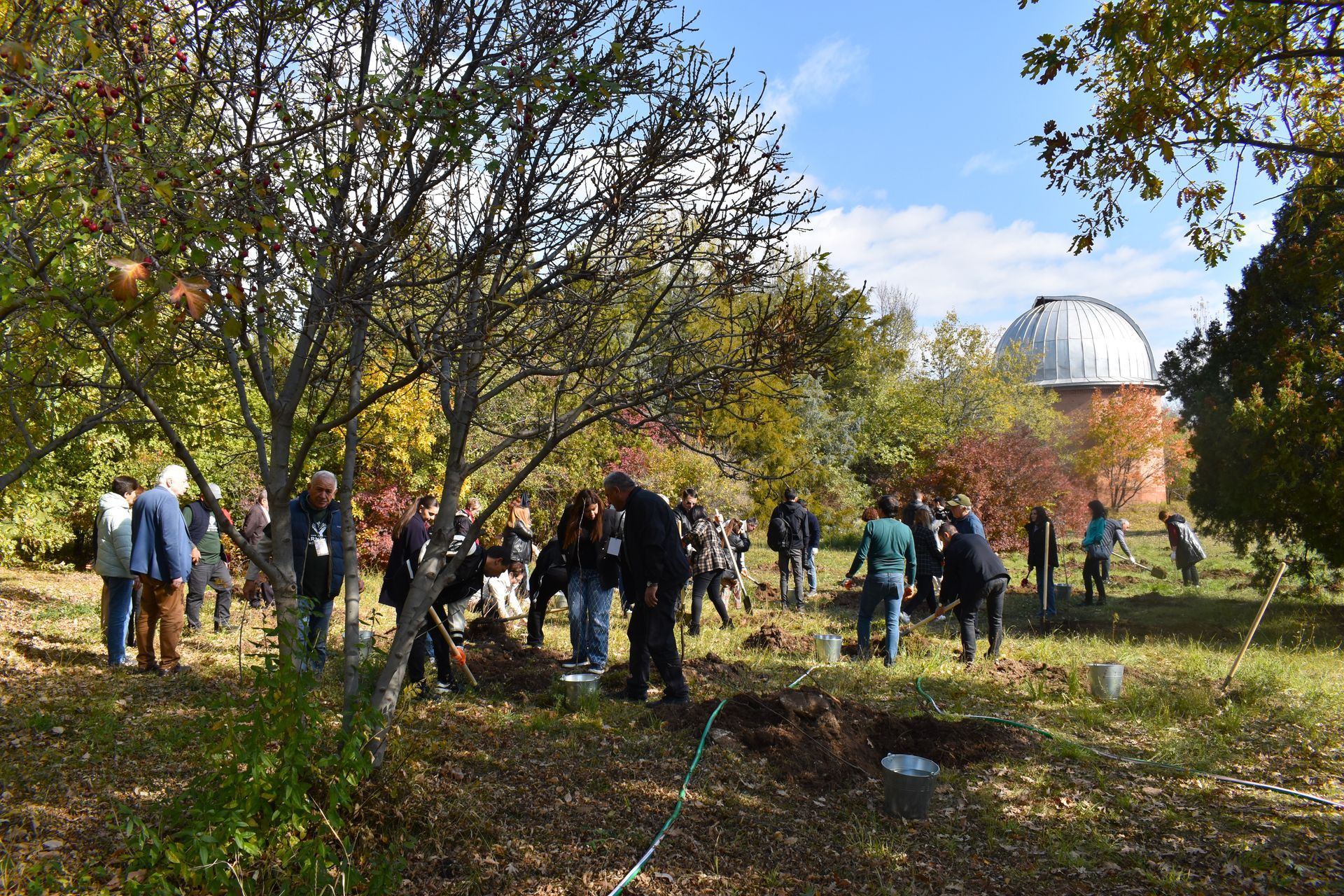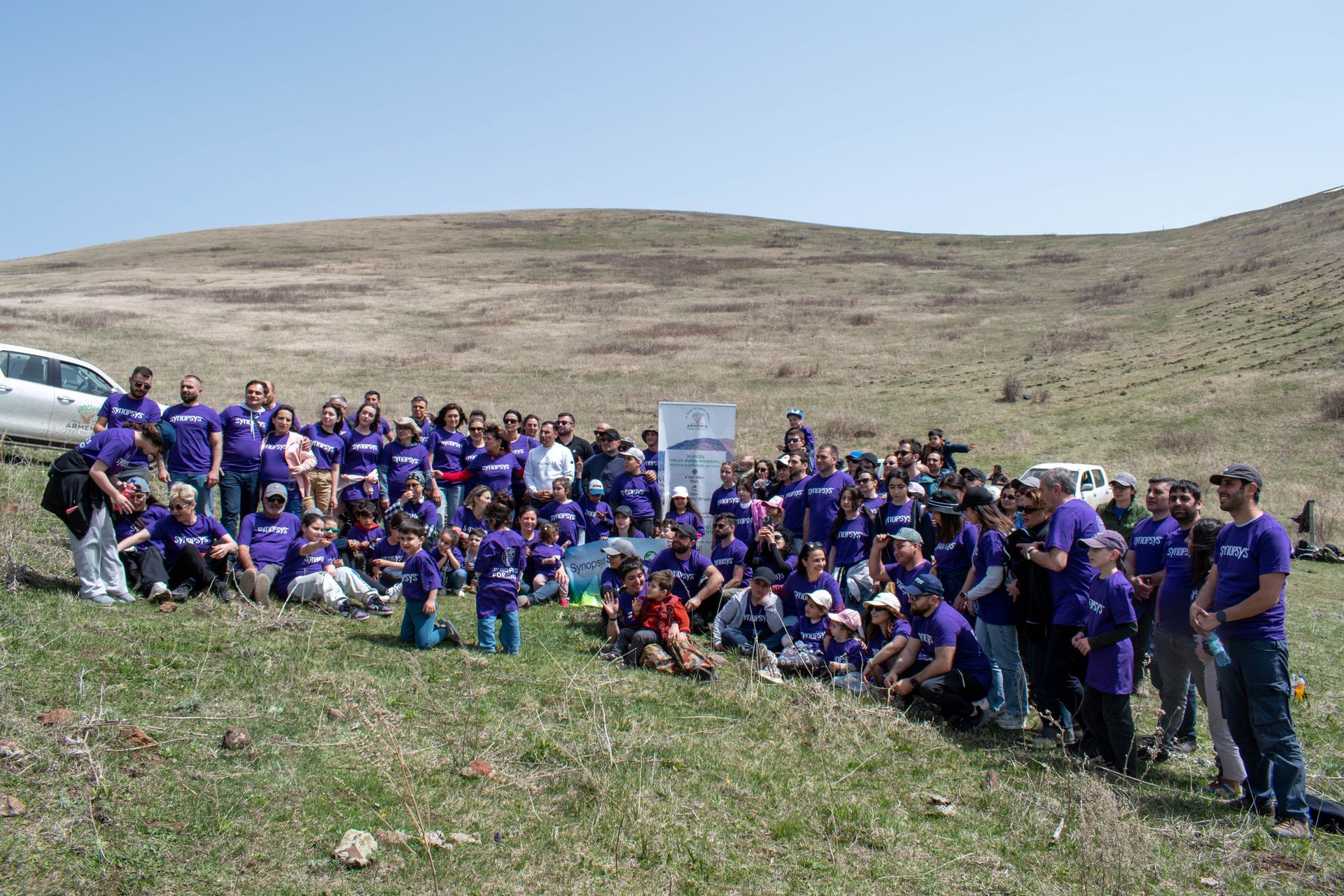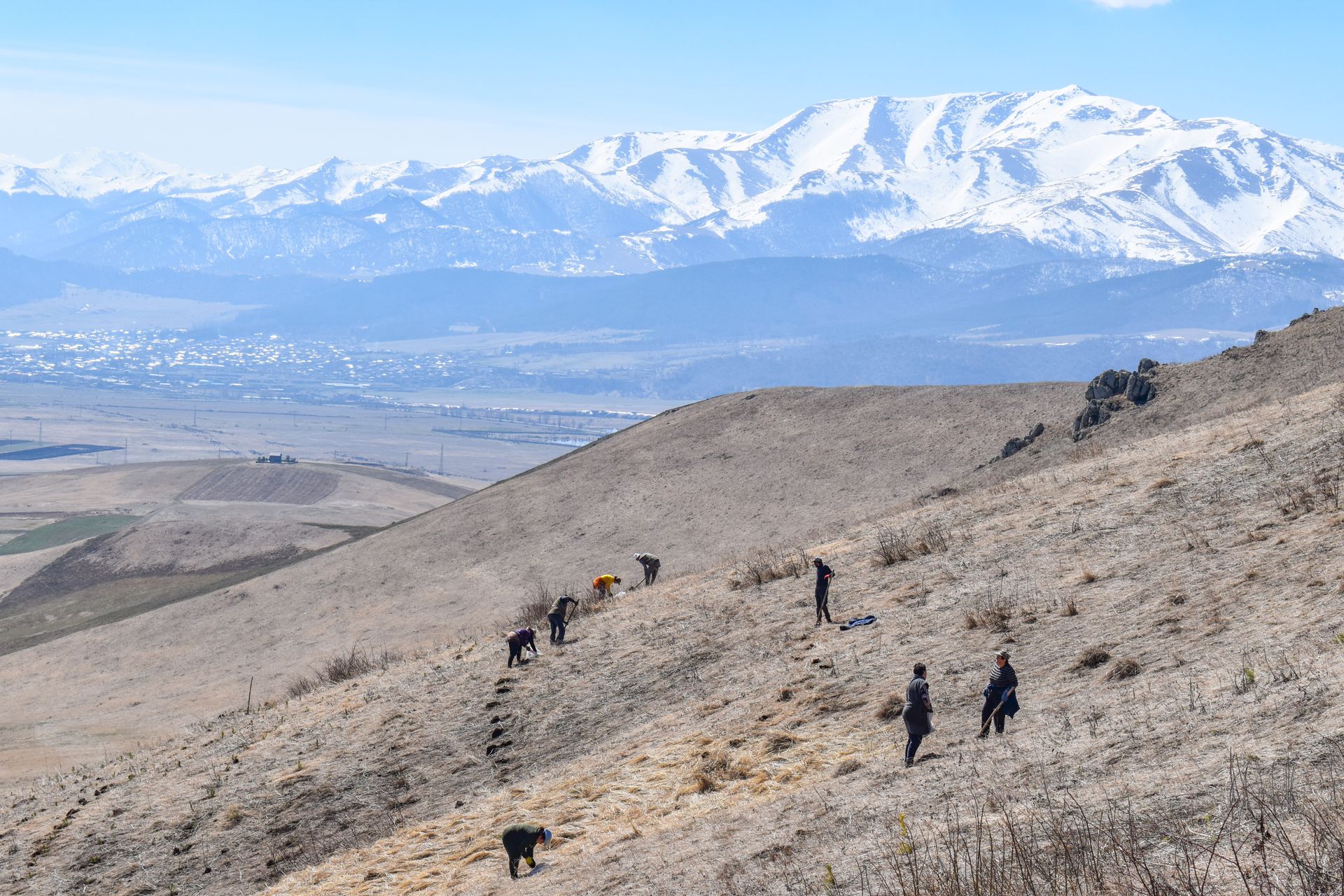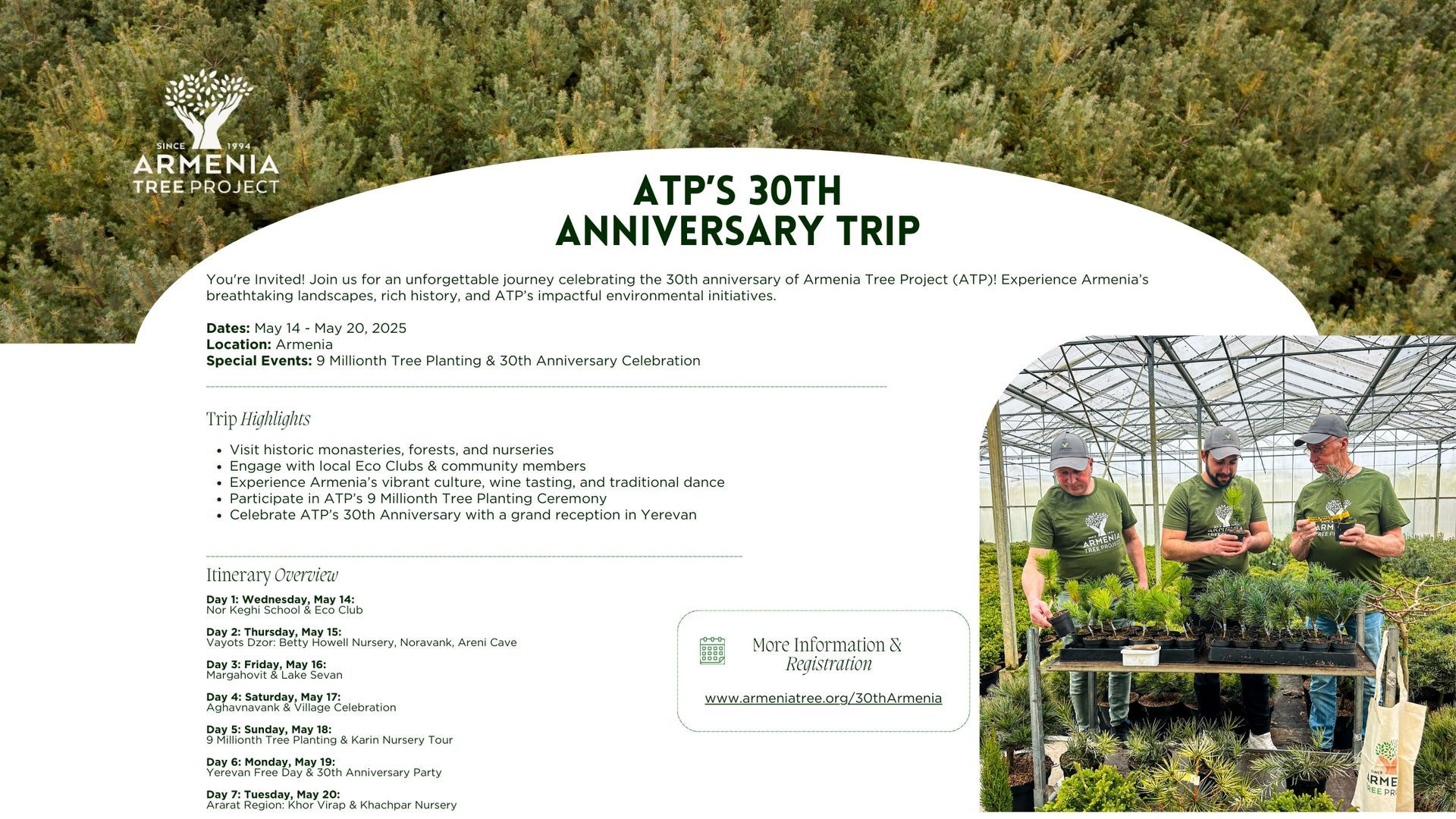Growing Hope: Transforming Lives in Armenia’s Border Villages with Fruit Trees
This fall, Armenia Tree Project (ATP) orchestrated a remarkable initiative that not only distributed 10,982 fruit trees to over 1,200 families, but also sowed the seeds of hope in border villages of Gegharkunik and Syunik regions. This heartwarming endeavor, which spanned communities like Sotk, Areguni, Pambak, Daranak, Akner, Khot, Karahunj, Hartashen, and Shurnukh, has unfolded into a tale of resilience and rejuvenation for the residents of these villages.
Residents, whose lives hae been marred by the echoes of Azeri UAV attacks and the devastating bombings that rocked Sotk in September 2022, were overjoyed to receive these life-changing gifts. The distribution of apricot, black currant, apple, pear, plum, peach, and cherry trees brought not just big smiles, but tangible hope to these brave individuals, leaving them with bushels of saplings that signify a promising future.
Sotk, a village that has borne the brunt of conflict, is emblematic of the challenges faced by these border communities. In the aftermath of the repeated bombings, were 150 of the 250 houses were severely damaged, ATP stepped in with a vision for growth and restoration. Sevak Khachatryan, the Administrative Head of Sotk, expressed profound impact of ATP’s intervention, stating, “Artsakh played a vital role in Gegharkunik’s cultural identity and economy, including imports and exports of agricultural goods. Before the ethnic cleansing of Artsakh, our village and the region of Gegharkunik had developed lively trade with Artsakh, exporting wheat, potato, and barley and importing fruits and nuts. Since we don’t have this opportunity anymore, we are trying to grow some of the formerly imported foods.”
ATP’s distribution of seven trees each, including apple, pear, and black currant, to over 150 families in Sotk is not just a gesture of generosity but a lifeline for a community heavily dependent on agriculture for sustenance and economic stability. These trees, carefully chosen for the climactic zone of Gegharkunik, represent a beacon of hope, promising nourishment and economic opportunities within just a couple of years.
With proper care, the trees will start to bear fruit in as little as two years. The villagers are eagerly anticipating establishing new orchards with the trees. Once they mature, the trees can also act as donor or parent trees to graft additional fruit trees. This way, villagers will be able to propagate more trees for their orchards and backyards in the years to come.
As climate change brings warmer temperatures to the region, however, ATP and the villagers work together to adapt. Sevak remarked, “The only positive thing that we can harvest from this global warming is to grow varieties of fruit trees that before would be impossible in Gegharkunik. So, as our collaboration with Armenia Tree Project continues, we would like to try growing apricots, peaches, plums and cherries as well.”
Since its inception in 1994, ATP has been instrumental in providing fruit and nut tree saplings to rural villagers, offering sustenance, additional income, and a green revolution that encourages biodiversity. In 2006, the fruit tree distribution program began focusing on border villages, as these communities are the most vulnerable to environmental, economic, and social distress.
The program is beloved by ATP staff and beneficiaries alike. The trees for the program come from our “Betty” fruit tree nursery in the Chiva village, located in the Vayotz Dzor region. The nursery has been a cornerstone of this effort, producing roughly 50,000 trees annually, the majority of which are fruit trees that are distributed to villages and used for community planting sites.
As ATP looks ahead, the organization aims to enhance its impact by providing a greater quantity and diversity of trees to rural and border villages in the coming years. This program captures resilience, growth, and hope, which stand as testaments to the transformative power of community-led initiatives.
- # # # -
Armenia Tree Project, established in 1994, is a non-profit organization that revitalizes Armenia’s most vulnerable communities through tree-planting initiatives, and provides socio-economic support and growth. It is based in Yerevan, Armenia and has an office in Woburn, Massachusetts. For more information, please visit ArmeniaTree.org or email info@armeniatree.org.


